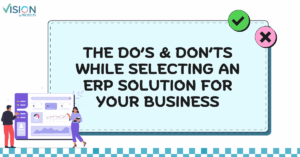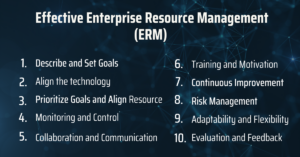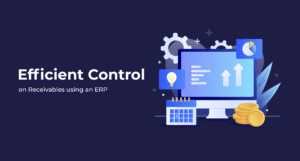
Do’s and Don’ts While Selecting an ERP
Do’s and Don’ts While Selecting an ERP Solution Choosing the right ERP (Enterprise Resource Planning) software is a big decision for any business. It’s not

Do’s and Don’ts While Selecting an ERP Solution Choosing the right ERP (Enterprise Resource Planning) software is a big decision for any business. It’s not

Are You Ready for ERP? Key Questions to Ask Before You Begin Starting an ERP implementation is a big step for any business. It’s a

Discrete vs. Process Manufacturing ERP: Customized for Different Needs Enterprise Resource Planning (ERP) systems are crucial for managing all aspects of a manufacturing operation. However,

Combating the Data Integrity Challenge in Pharma: How ERPs Offer a Solution Data integrity, ensuring the accuracy and completeness of data throughout the manufacturing process,

What is Digital Transformation? Digital transformation refers to the process of using digital technology to change how a business operates. It involves adopting new technologies

What is Enterprise Resource Management (ERM)? Enterprise Resource Management (ERM) involves planning, controlling, monitoring and optimizing the use of resources across an organization. Here is

New Age of ERP AI’s remarkable evolution continues to reshape industries, and Enterprise Resource Planning (ERP) systems are at the forefront of this transformation. In

Item Codification in ERP Implementation Introduction The process of item codification is a crucial step in ERP implementation, which ensures streamlined inventory management and transaction

Leveraging the Power of QR Code in Inventory Management Systems: An Efficient, Cost-Effective, and Value-Driven Approach In the contemporary technology-geared scenario of business operations, adapting

Effective Control on Receivables using an ERP Efficient receivables management is crucial for all organisations to ensure a steady cash flow and maintain a healthy